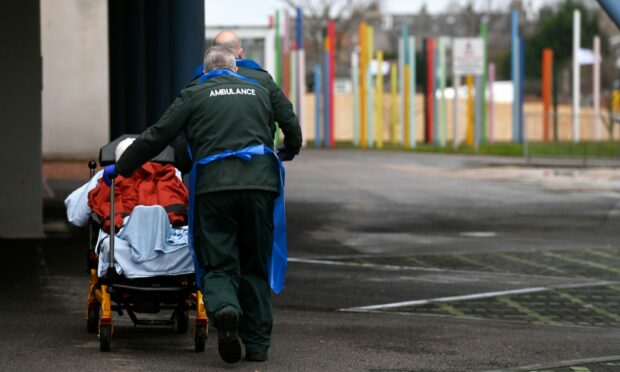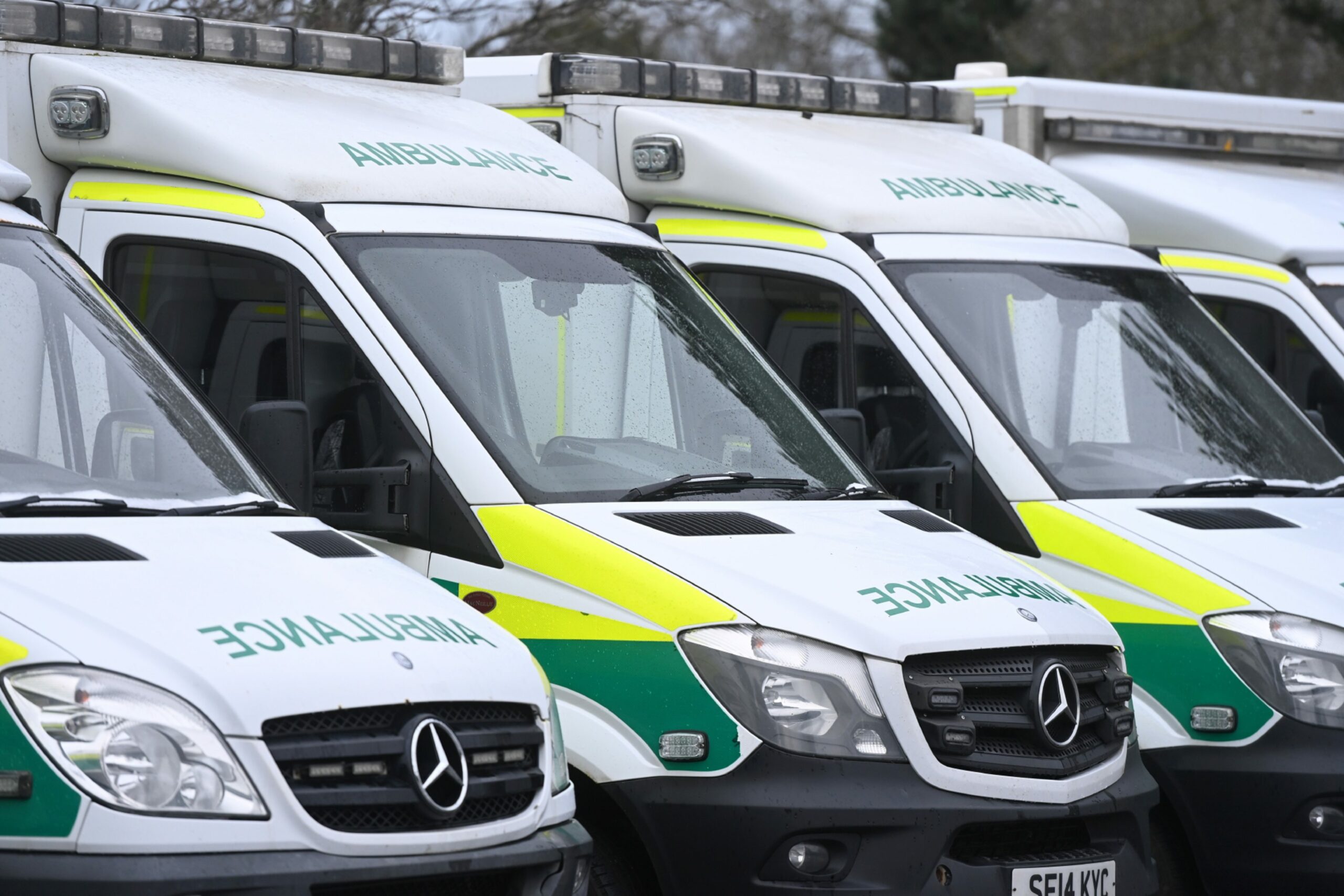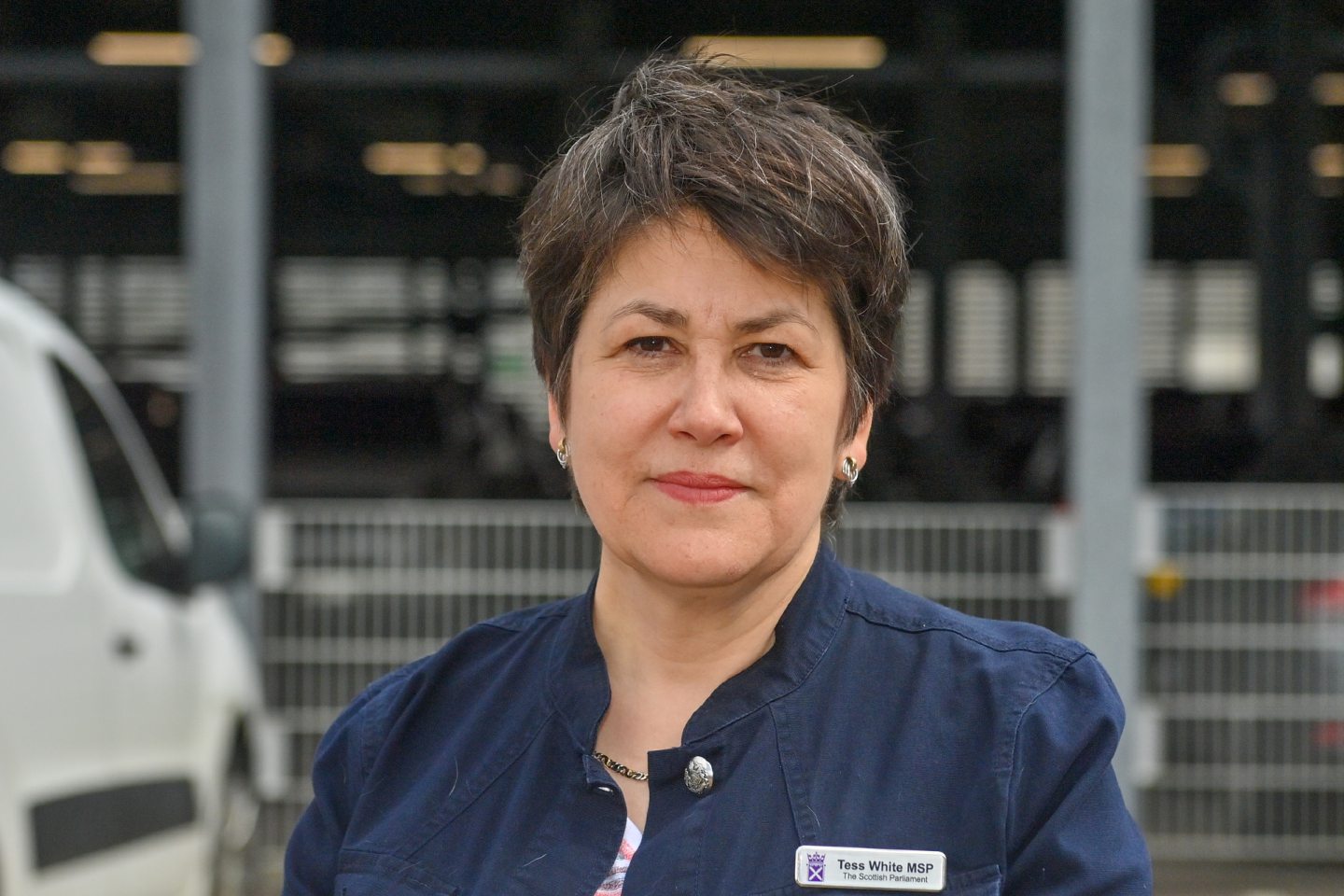Poor mental health has become the largest reason for Grampian paramedics needing time off work, new figures have revealed.
The proportion of absences for anxiety, stress and depression have soared almost sevenfold since 2018.
This year, through to the end of October, more than 4,600 hours were lost to these reasons.
Last year there were 3,809 – and five years ago the figure stood at 683.
The overall proportion of these has jumped dramatically over the same period, ballooning from 9% of total absences to 34%.
At the same time, however, progress is being made in the Highlands.
For the first 10 months of the year, 2,548 paramedic hours were lost to poor mental health in the north.
If these continued at the same rate for the rest of the year, the final tally would still be lower than the 3,320 logged in 2021.
As it stands, around 19% of the absences this year have been due to stress, anxiety or depression, having held relatively steady since 2019.
In Grampian, the next most-common reasons for paramedic absences this year were back problems (2,254 hours) and gastro issues (1,335 hours).
Back problems were also the second most common in Highland, at 2,400 hours. Other musculoskeletal issues followed with 1,940 hours.
Ambulance crews ‘exhausted’ at work
Earlier this month we revealed some of the concerns facing ambulance staff in the north-east.
Speaking to us anonymously, one north-east paramedic said crews are often “exhausted” and dealing with patients more ill than before because they’re leaving it later to get help.
With busy emergency departments, they can spend hours queueing in ambulances outside hospitals.
And some get so frustrated they end up leaving and finding their own way home.
“I’m very concerned,” the whistleblower said. “Obviously we’re all in this job because we care about people and we want to help people get better.
“You’re doing far more hours in a shift than you’re supposed to be doing and when you’re not getting your breaks on top of that it’s actually soul-destroying, sitting for hours and hours with patients.”
How are paramedics being supported?
A spokeswoman for the Scottish Ambulance Service said measures have been put in place as part of a wider health and wellbeing strategy for staff.
“We have been working in partnership with key hospital sites to improve meal break compliance and identify ways to decrease the number of shift overruns,” she said.
“We have a peer support network for help and advice, and we would also urge staff to speak to their managers if they are struggling, so we can make sure they receive the appropriate support.
“We are thankful to all our staff, who have been doing an incredible job in very difficult circumstances.”
Call for better help
The paramedic absence stats were obtained by the Scottish Conservatives via freedom of information legislation.
North-east MSP Tess White, the party’s shadow public health minister, is asking the Scottish Government to intervene – warning the health of staff and patients could be at risk.
“Our hardworking paramedics are at breaking point due to the crippling and intense pressure they are being put under,” she said.
“Their workload is spiralling out of control.
“Paramedics are having to work long hours without breaks, in demanding conditions and it’s no wonder it’s taking a toll on their mental health.”



Conversation